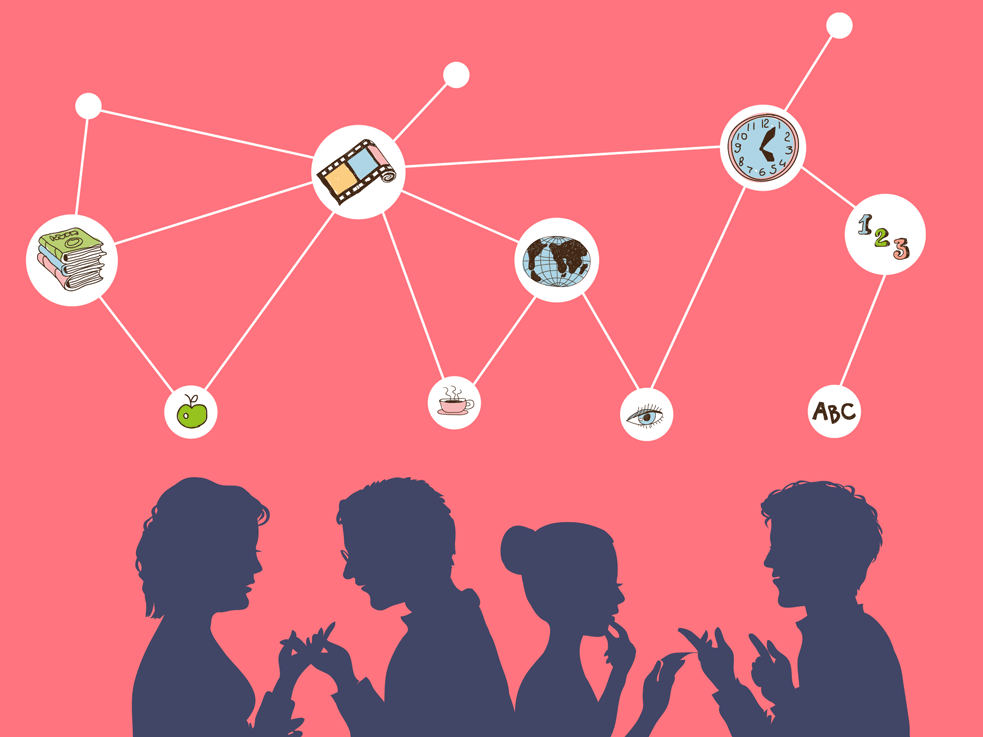Pulse of Information
Your source for the latest insights and updates.
Lost in Translation: What Language Learning Really Teaches Us
Discover the unexpected lessons of language learning that go beyond words and transform your worldview. Dive in now!
The Unspoken Benefits of Language Learning: Beyond Vocabulary
The journey of language learning extends far beyond mere vocabulary acquisition; it opens doors to a myriad of cognitive and social benefits that often go unacknowledged. For instance, studies suggest that immersing oneself in a new language can enhance problem-solving skills and improve multitasking abilities. This cognitive flexibility allows learners to navigate various situations with ease, making them more adept at adapting to change. Language learning encourages the brain to create new neural pathways, which helps in enhancing memory and overall mental agility, both of which are invaluable in an ever-evolving world.
Moreover, the social implications of language learning cannot be overstated. Engaging with a new language often involves connecting with diverse cultures and perspectives, fostering empathy and global awareness. This intercultural communication not only enriches personal relationships but also broadens professional horizons. In a globally interconnected marketplace, the ability to converse in multiple languages is an asset that can lead to enhanced career opportunities and relationships. Ultimately, the benefits of language learning extend well beyond vocabulary, shaping more accomplished, empathetic, and adaptable individuals.

How Language Shapes Our Perception of the World
Language is not just a means of communication; it serves as a lens through which we interpret and understand our surroundings. The concept of linguistic relativity suggests that the structure and vocabulary of our language can shape our thoughts and perceptions. For instance, speakers of languages that emphasize certain colors may perceive and categorize them differently compared to those whose language has fewer distinctions. This phenomenon highlights the profound impact that language has on our cognitive processes and worldview.
Moreover, the choice of words can influence not only individual perceptions but also societal attitudes. A prime example is how the framing of issues in media and political discourse can sway public opinion. Words like "freedom" or "security" can evoke strong emotional responses that shape collective beliefs and behaviors. Therefore, understanding the nuances of language not only enhances our communication skills but also equips us to navigate and influence the intricate social landscapes we inhabit.
Lost in Translation: What Miscommunications Reveal About Culture
Lost in translation often encapsulates the struggles that arise when bridging linguistic and cultural divides. Miscommunications not only highlight the intricacies of language but also serve as a lens through which we can examine different cultural norms and values. For instance, what may be considered polite in one culture could be deemed offensive in another, leading to misunderstandings that can range from humorous to profoundly impactful. This phenomenon is not merely a matter of vocabulary; it reflects deeper societal beliefs and practices that shape how people communicate and interact with one another.
Moreover, these miscommunications can reveal much about our own cultural biases and assumptions. When we encounter phrases or gestures that don't translate well, it often prompts us to reflect on our own behaviors and societal standards. Lost in translation moments encourage us to embrace curiosity rather than frustration, allowing for an enriching exchange of ideas and perspectives. Such experiences illuminate the beauty of diversity and underscore the need for cultural sensitivity in an increasingly interconnected world.